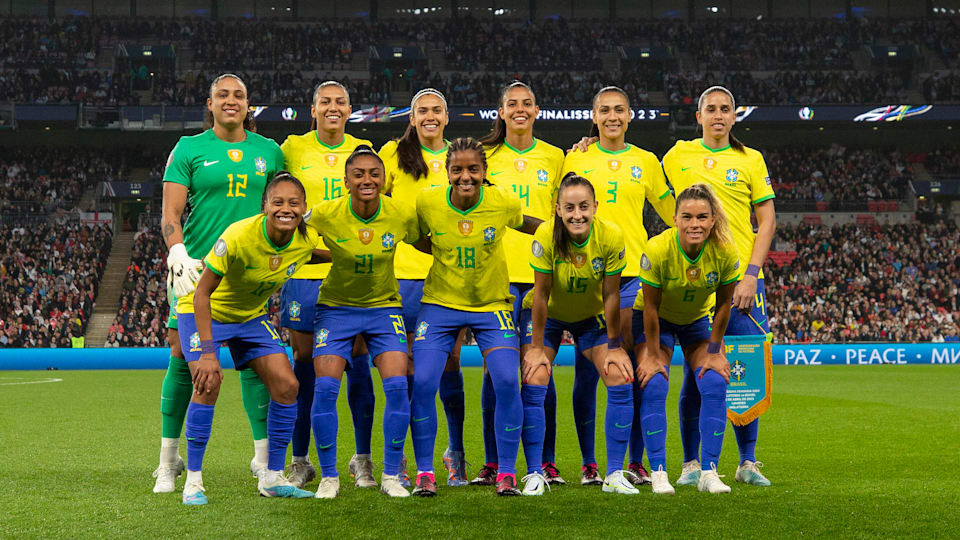Football, or soccer as it’s commonly known in the United States, is the most popular sport in Brazil. The country has a rich football history and has produced some of the greatest players and teams of all time.
Brazil’s love affair with football began in the late 19th century, when British sailors and expatriates introduced the game to the country. The first football club in Brazil, São Paulo Athletic Club, was founded in 1888, and the country’s national team played its first match in 1914.
Since then, Brazil has become a football powerhouse, winning five World Cup titles (1958, 1962, 1970, 1994, and 2002) and producing legendary players like Pelé, Garrincha, Zico, Romário, and Ronaldo.

Football is more than just a sport in Brazil – it’s a cultural phenomenon. The country’s passion for football is evident in the way people play, watch, and talk about the game. From the famous Maracanã Stadium in Rio de Janeiro to the smallest village fields, football is a beloved part of Brazilian life.
One of the most iconic aspects of Brazilian football is the country’s unique playing style, known as “jogo bonito” (beautiful game). Characterized by skillful dribbling, creative passing, and attacking flair, jogo bonito has captivated fans around the world and inspired generations of Brazilian players.
Brazil’s national team, known as the Seleção, is one of the most successful and beloved teams in international football. With their iconic yellow jerseys and blue shorts, the Seleção has won the hearts of fans everywhere with their exciting brand of football.
In addition to their success on the pitch, Brazilian football has also had a significant impact on the country’s culture and society. Football has played a role in shaping Brazilian identity and has been a source of national pride and unity.
However, Brazilian football has also faced its share of challenges, including corruption, violence, and racism. The country’s football governing body, the Brazilian Football Confederation (CBF), has been embroiled in several scandals in recent years, and the sport has struggled to address issues of racism and discrimination.

Despite these challenges, football remains an integral part of Brazilian life and culture. The country’s passion for the game is undeniable, and its influence extends far beyond the pitch.
In conclusion, football in Brazil is a cultural phenomenon that transcends the sport itself. It’s a reflection of the country’s history, identity, and values, and its impact on Brazilian society is undeniable. From the iconic Maracanã Stadium to the smallest village fields, football is a beloved part of Brazilian life, and its influence will continue to be felt for generations to come.









